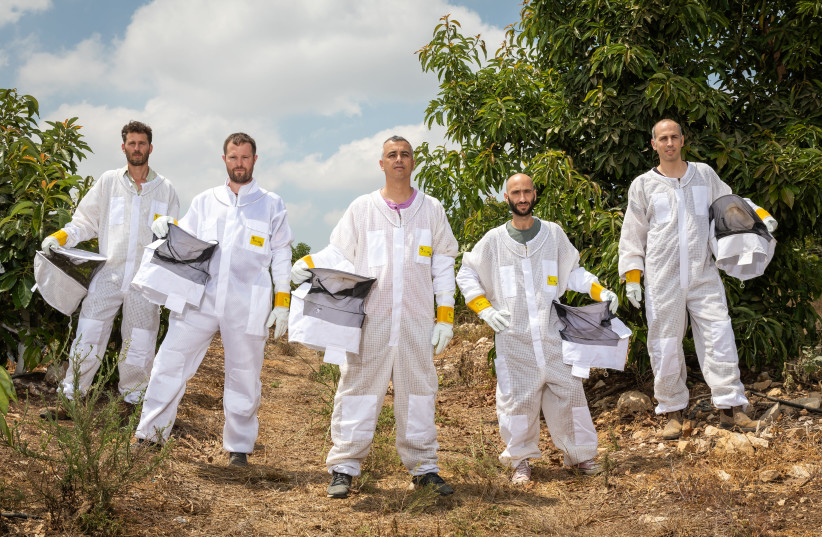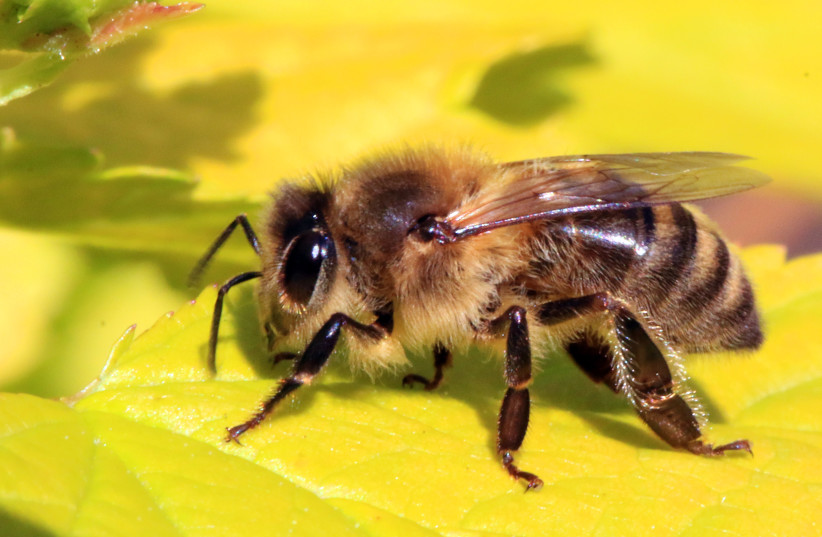Mummified bees from time of King Solomon found off coast of Portugal
Many such fossilized cocoons have been found, some going back 100 million years in the fossil record, yet none so far have been found with the preserved body of its occupant still inside.
A new study from a joint effort by a number of Portuguese universities and published in the peer-reviewed science journal Papers in Paleontology, has uncovered cocoons of mummified Eucera bees from 3,000 years ago off the coast of Portugal.
This places the mummified bees at around the time of the succession of King Solomon to the Davidic Monarchy.
"The degree of preservation of these bees is so exceptional that we were able to identify not only the anatomical details that determine the type of bee, but also its sex and even the supply of monofloral pollen left by the mother when she built the cocoon."
Carlos Neto de Carvalho, scientific coordinator of Geopark Naturtejo
The bees appear to have died still inside their cocoons from which they hatch and decomposed in a unique way which left the skeletons of the insects completely unharmed, a process which normally happens quickly due to the organic compounds found within their bodies.
"The degree of preservation of these bees is so exceptional that we were able to identify not only the anatomical details that determine the type of bee, but also its sex and even the supply of monofloral pollen left by the mother when she built the cocoon," Carlos Neto de Carvalho, scientific coordinator of Geopark Naturtejo, and collaborating researcher at Instituto Dom Luiz, at the Faculty of Sciences of the University of Lisbon said.
Researchers discovered thousands of these cocoons per square meter. Andrea Baucon, one of the co-authors of the study and a Paleontologists at the University of Siena mentioned how many such fossilized cocoons have been found, some going back 100 million years in the fossil record, yet none so far have been found with the preserved body of its occupant still inside.

Bee populations are in crisis on a global scale
Bee populations around the world have been decimated in recent decades owing to a mixture of farming practices and climate change. The researchers hope that by studying bees from so long ago, clues may be found as to possible solutions for our own bee armageddon today.


No comments:
Post a Comment
Stick to the subject, NO religion, or Party politics